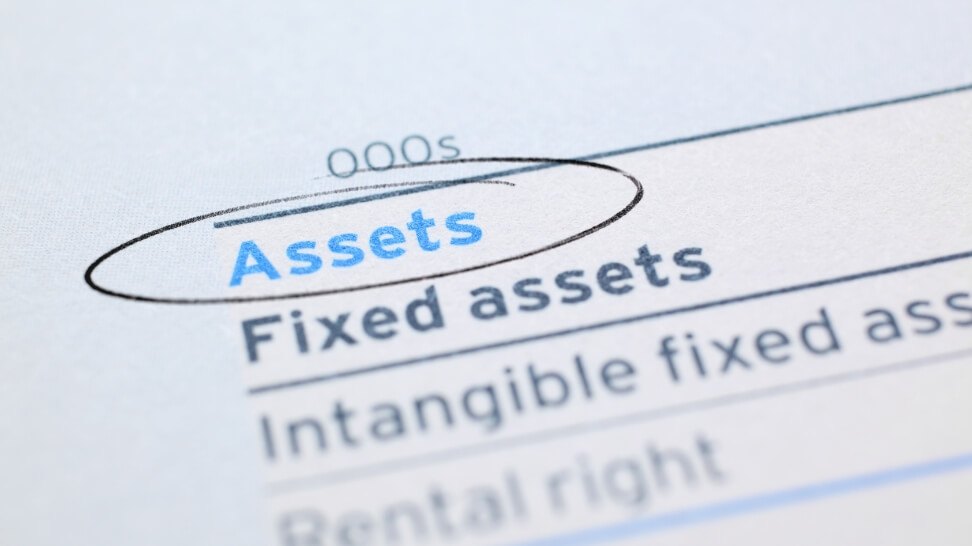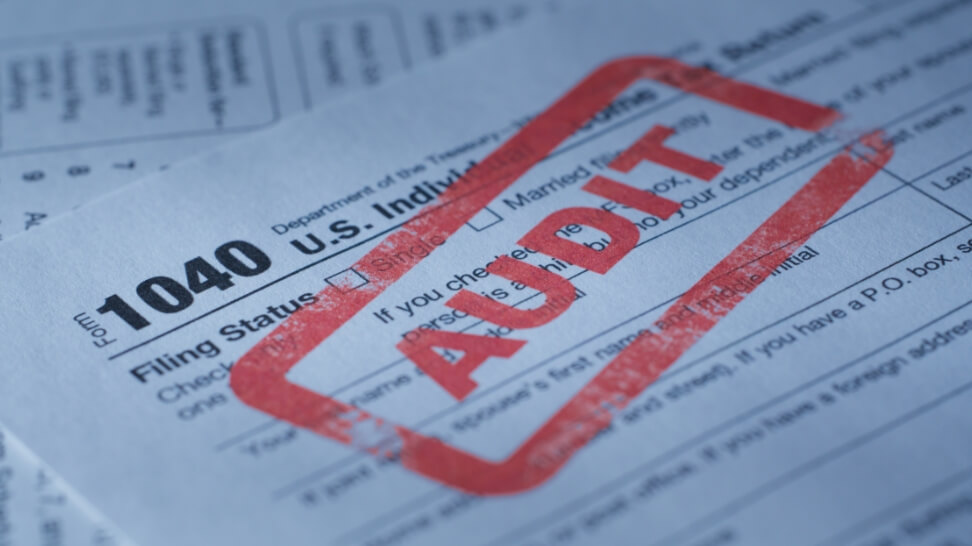When creating an asset protection plan it is very important to avoid these common asset protection mistakes. Failure to avoid these common mistakes may expose your property protection planning efforts as ineffective.
The 11 asset protection mistakes to avoid are…
1. Thinking You Don’t Have Enough Assets to Protect
There is a misconception that asset protection is only for the super-wealthy. The super-wealthy, however, actually have less of a need for asset protection than individuals worth $300,000 to $3,000,000. Most lawsuits are brought against people with a net worth of under $2,000,000.
If an individual worth $20,000,000 dollars is sued for $500,000 to $1,000,000, they can probably absorb the lawsuit without a change in their standard of living. Meanwhile, an individual with $300,000 to $3,000,000 would likely see a significant reduction in their standard of living if they were hit with a $500,000 to $1,000,000 lawsuit judgment.
2. Not Using an Attorney
It is very important to work with an attorney in creating your asset protection plan. If you do not use an attorney, then any information you share with the person creating your asset protection plan will not be protected by the attorney-client privilege and could easily become public record. The protection provided by the attorney-client privilege is very important to the success of your asset protection plan.
3. Selecting the Wrong Attorney
There are many attorneys who claim to provide asset protection services, however, there are very few attorneys with the resources and capabilities to provide effective asset protection. In selecting an asset protection attorney, you will want to work with an attorney who can provide you the best tools and advice for protecting yourself and your family.
An attorney who specializes in asset protection is vital as the rules change and it is unfeasible to keep up with the changing rules if you do not focus on this practice area. An attorney who has close relationships with trust companies and has traveled to offshore jurisdictions is essential.
Blake Harris Law is 100% focused on offshore asset protection. Attorney Blake Harris travels annually to the Cook Islands, Belize, Nevis, Switzerland, and numerous other jurisdictions. From this, Blake Harris Law has accumulated an extensive global network
You also will want to select an attorney who is an authority. Attorney Blake Harris frequently teaches Continuing Legal Education (CLE) courses and has written several books on the subject. He has spoken domestically and internationally on offshore asset protection, and he has been quoted in numerous national publications, including Forbes, the Epoch Times, ABC, NBC, CBS, Fox News, and MarketWatch.
Beyond these accolades, Attorney Blake Harris boasts a significant social media presence with hundreds of thousands of followers, further solidifying his influence in the field. Lastly, you will want to work with an attorney with an excellent track record and great customer reviews. As of the publishing of this article, Blake Harris Law has never had a trust compromised. Blake Harris Law also has a 5-star rating on Google and AVVO and plenty of reputable testimonials.
At Blake Harris Law, we use only the most trusted and tested asset protection tools available to anyone worldwide, and our clients are guided by the nation’s top asset protection attorneys and experts.
4. Selecting the Wrong Trustee
If you are considering an offshore asset protection trust, you might have learned that a key component is making sure the management of any trust assets takes place outside the United States. This is achieved by engaging a professional trust located in an offshore jurisdiction to manage the assets held in the trust.
It is important to choose the correct trustee to work with as they play a major role in the trust’s setup and funding process. Your Asset Protection Trust will have an offshore trust company serve as the Trustee of the trust. Blake Harris Law works with the most reputable trust companies in the world. These companies are legal, safe, and offer the services required to fully protect your assets.
5. Relying on Insurance Alone
While insurance is a helpful addition to an asset protection plan it is not a replacement for an asset protection plan. Insurance protects you from certain types of claims or from risks associated with a certain activity, whereas an asset protection plan will protect your property regardless of the reason for the lawsuit.
6. Relying on a Single Member LLC Alone
A single member limited liability company is a great way to reduce your exposure to lawsuits, but it does not protect your assets. When incorporated into a full asset protection plan, a single member LLC can help protect your assets, but standing alone it will not provide asset protection. A single member LLC reduces liability associated with owning a particular asset but does not otherwise protect the asset.
7. Using a Domestic Asset Protection Trust
Asset protection began in 1984 when the Cook Islands passed their Trust Act. Since then, two to three dozen other countries including the United States have passed their own trust acts. In 1998, Alaska began allowing Asset Protection Trusts. The problem with an Alaska Trust, or any other Domestic Asset Protection Trust, is that Article 4 Section 1 of the U.S. Constitution requires every state to honor the judicial proceedings of every other state, which leaves a Domestic Asset Protection Trust vulnerable to attack.
Although Domestic Asset Protection Trusts have only existed for about half as long as the Foreign Asset Protection Trusts, we have already seen several failures of the Domestic Asset Protection Trusts.
8. Using a Successor Trustee Trust
Successor Trustee Trusts are generally offered as an alternative to offshore trusts that are supposed to be less costly, easier to set up and administer, and without the regulatory and compliance burdens of offshore trusts. As we have often heard before, if something sounds too good to be true, it probably is.
The truth is, relying on one of these relocating trusts for your asset protection could end up costing you dearly and can fail to safeguard your wealth right when you need it the most. At the end of the day, there is no substitute for the real thing: a true offshore asset protection trust. There are legal gimmicks that may look good in their marketing materials, but a U.S. court may not be so easily convinced.
A true offshore asset protection trust offers the best level of defense against potential future legal claims and creditors, which is why Blake Harris Law offers it.
9. Waiting too Long to Protect Your Money
A lawsuit can be brought against you or your business at any moment. Lawsuits can cost time, money, and many individuals and business owners may never recover from just one claim. It is best to be proactive and protect your money before it is too late.
10. Not Properly Funding Your Trust
Once you have established an Asset Protection Trust, the trust must be funded in order to ensure your assets are fully protected. The following assets can be protected: cash, real estate, stocks, bonds, gold, silver, investment portfolios, intellectual property, and crypto. Failure to complete the funding or funding improperly can still leave your assets at risk, making the trust unusable. This is why it is important to follow the funding process instructions thoroughly.
11. Not Properly Reporting Your Trust
Although the trust may be foreign, your asset protection plan will require certain IRS reporting requirements. You are obligated to follow these requirements to keep your trust in good standing. It is in your best interest to provide full disclosure to the IRS. Blake Harris Law is happy to provide instructions to our clients for the reporting requirements, however, we do recommend you utilize the assistance of a CPA to make the appropriate filings as needed and on time. Blake Harris Law is happy to refer their clients to a CPA who can assist with the reporting requirements.
To conclude, it is extremely important that you make an effort to avoid these common mistakes when creating an asset protection plan. If you fail to do so, the effects may be detrimental to the safety of your assets, which you have certainly worked hard to obtain. To learn more about how to protect yourself from lawsuits, contact our firm anytime. We are ready to help!




